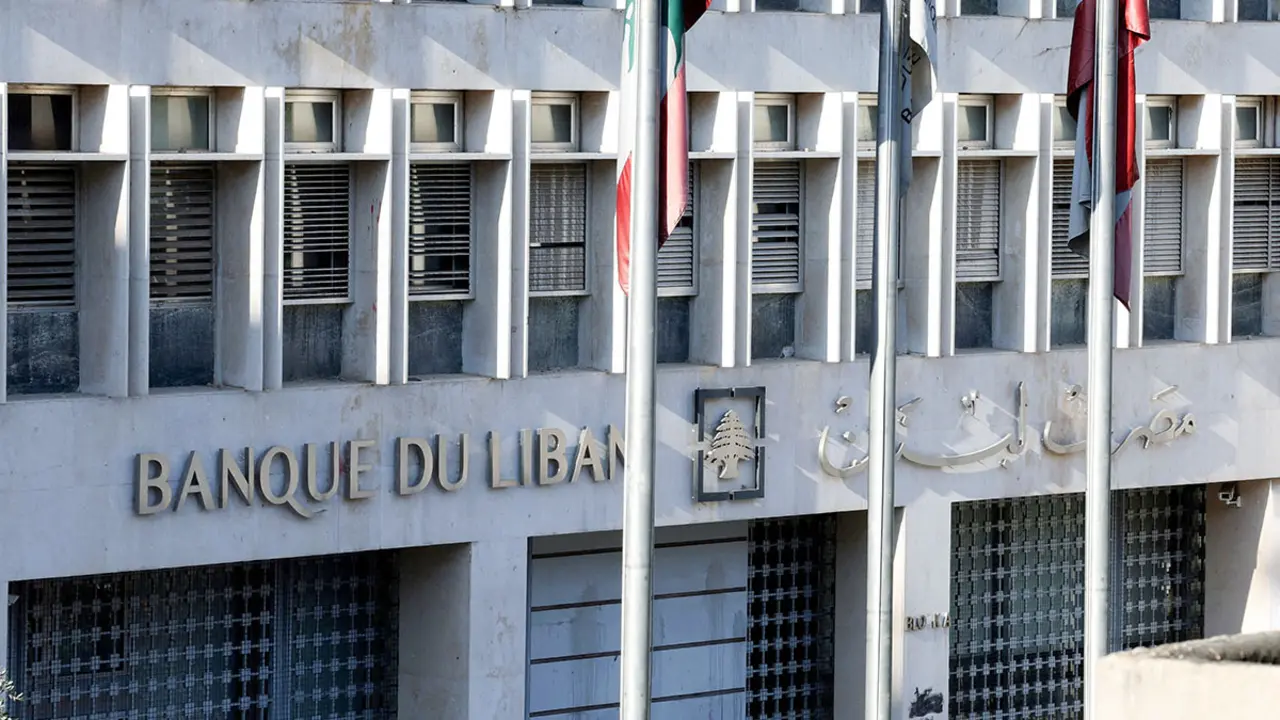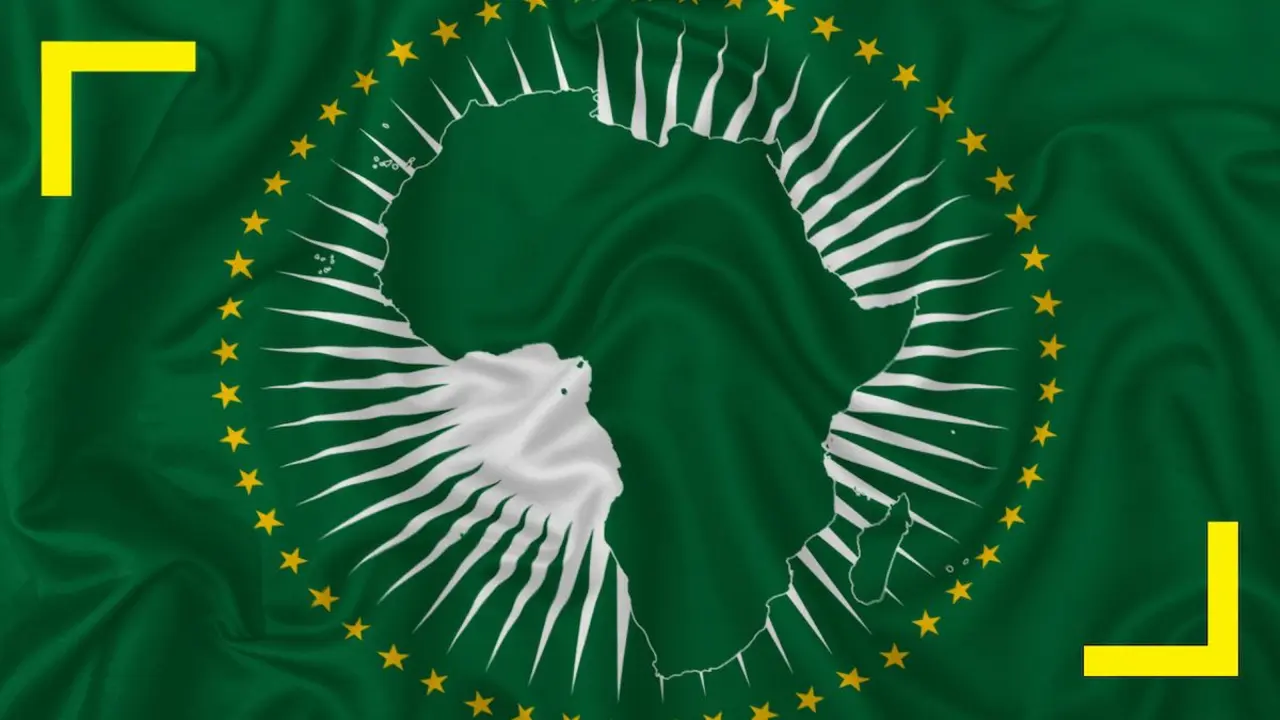Saudi Arabia will maintain oil deliveries to Asia despite OPEC+ cuts

The full concession of oil supply comes despite the decision by the Organisation of the Petroleum Exporting Countries and its allies, including Russia, known as OPEC+, to cut their production target by 2 million barrels per day. Saudi Arabia's Energy Minister Abdulaziz bin Salman had said the actual supply cut would be around 1 million to 1.1 million bpd. The OPEC+ cuts, which come ahead of a European Union embargo on Russian oil, will reduce supply in an already tight market.
Analysts expect Saudi Arabia, the United Arab Emirates and Kuwait to shoulder much of the production cuts because other OPEC+ members are falling behind production targets. Consultancy FGE expects Saudi Arabia's oil production target to fall by about 550,000 bpd in November from the previous month.

The world's top exporter has also kept November crude prices for Asia broadly unchanged against expectations of higher prices as it seeks to maintain its market share in the region. The maintenance of prices to the Asian continent is due to the fact that about 60% of Saudi oil exports go to that continent. That would indicate little change in physical oil supply at least for Saudi Arabia's Asian crude buyers, who as OPEC's largest producer will bear a large share of the announced reductions.
The move took traders by surprise, as the world's top exporter was expected to follow gains in Middle East benchmark prices last month. The November OSP for Arab Light to Asia was set at a premium of $5.85 per barrel to the Oman/Dubai average. The producer also left the November OSP for Super Light crude unchanged while cutting the price of Arab Extra Light crude by 10 cents. It raised Arab Medium and Arab Heavy crude prices in November by 25 cents from the previous month.

EU sanctions on Russian crude and petroleum products will take effect in December and February, respectively. "The cut is clearly bullish," ING analysts said in a note. "However, there are obviously still many other uncertainties in the market, including the evolution of Russian oil supply due to the EU oil ban and the G-7 price cap, as well as the demand outlook given the deteriorating macro picture." Analysts at banks and brokerages have raised their crude oil price forecasts and expect Brent to rise above $100 a barrel in the coming months.

The response from the White House was swift. After learning of OPEC+'s historic reduction in oil production, Biden was quick to publicly express his disappointment at what he says is a bad decision because it indirectly supports Russia, further aggravating the current geopolitical environment.
Other signs of slowing demand came from India, the world's third largest oil user. Government data on Friday showed that fuel demand in September fell to the lowest level since November and was down 3.6% from August.








